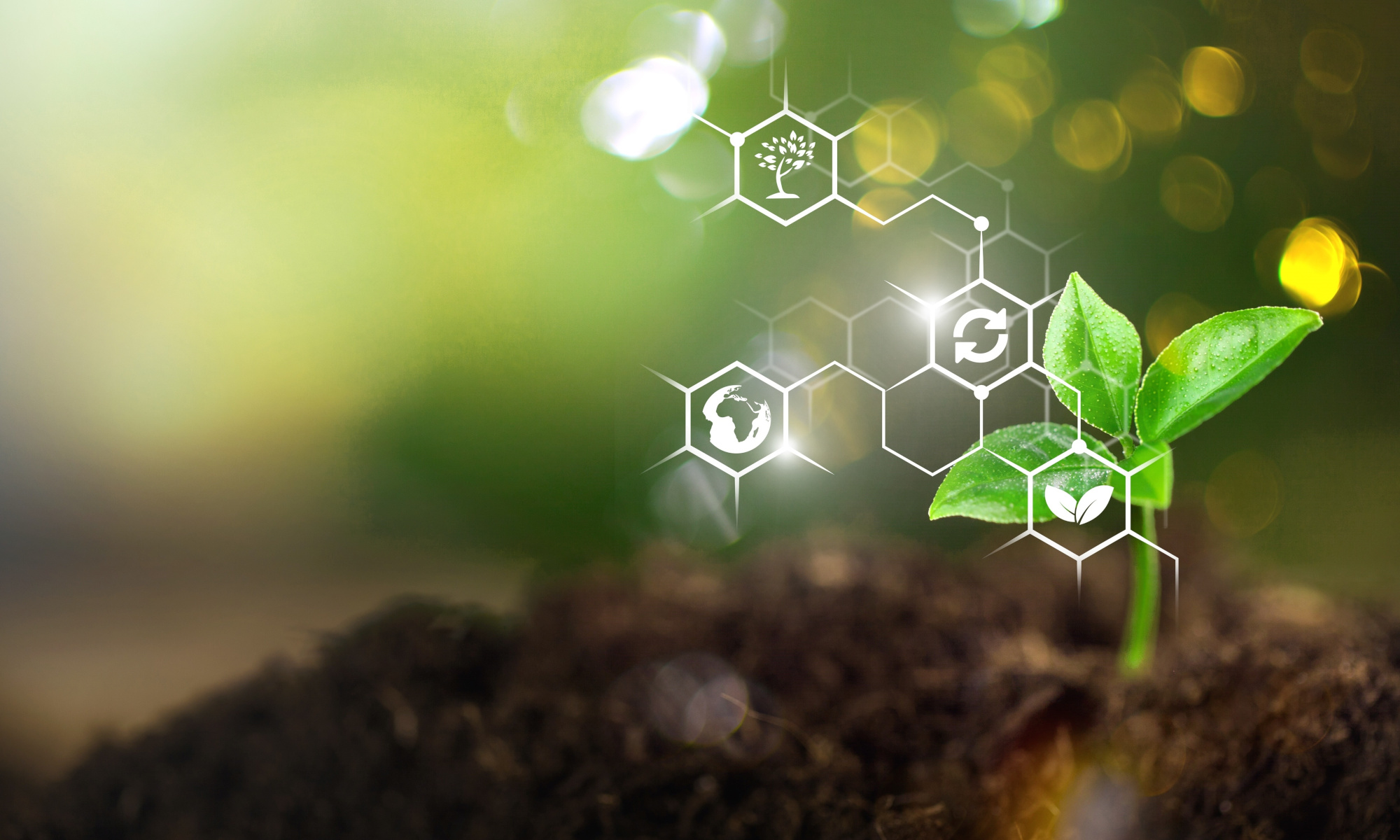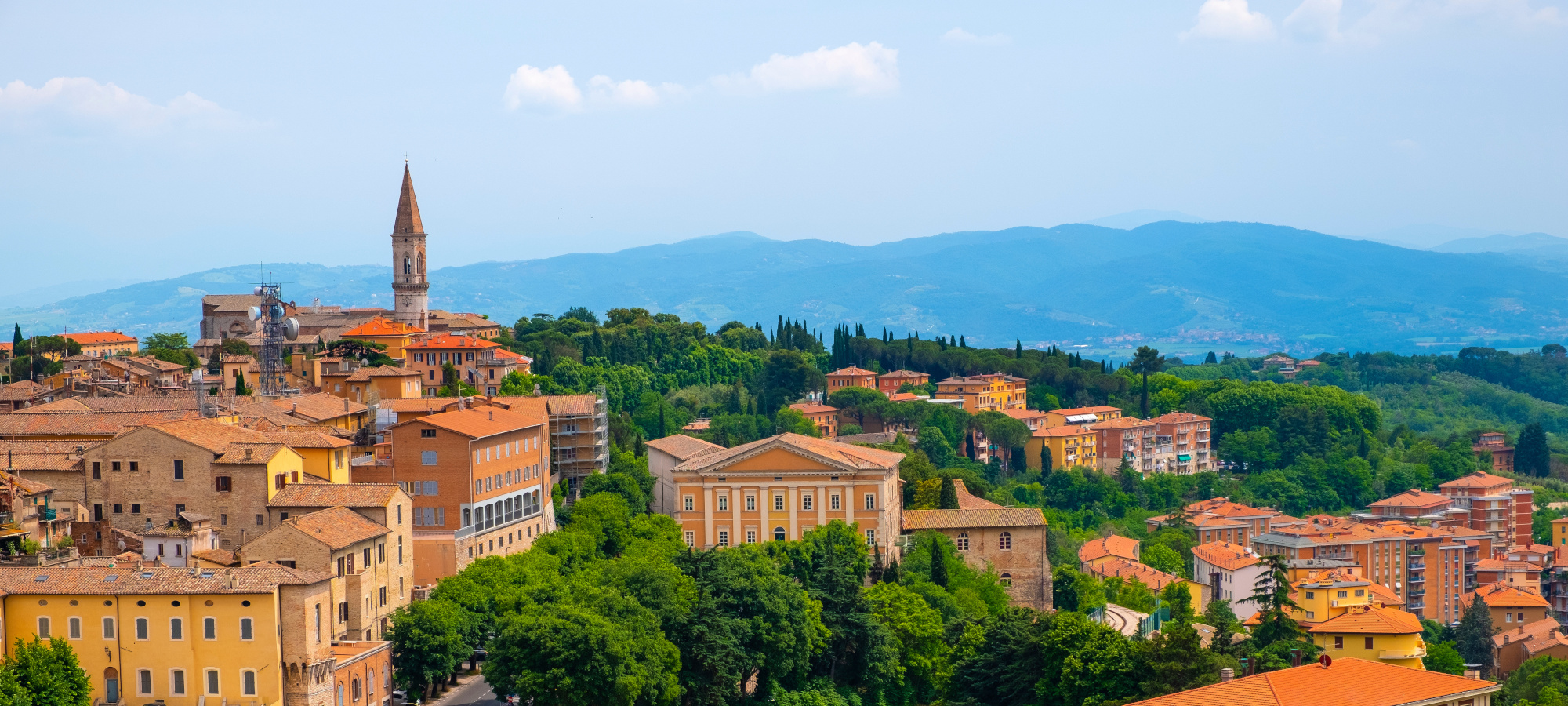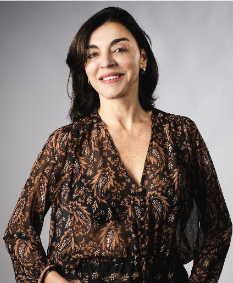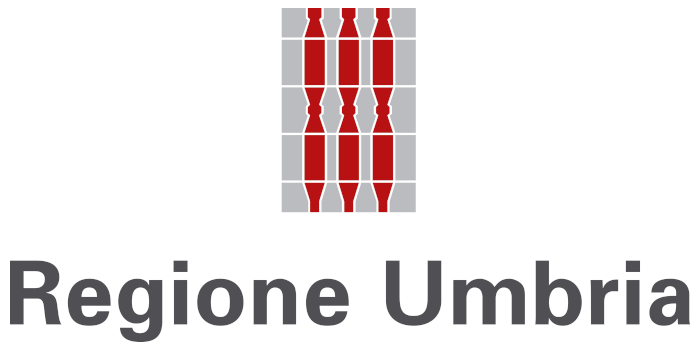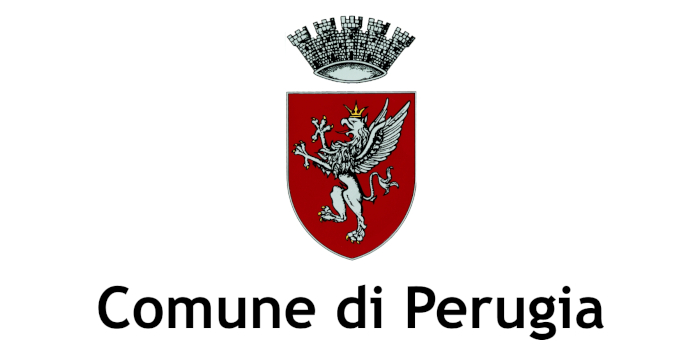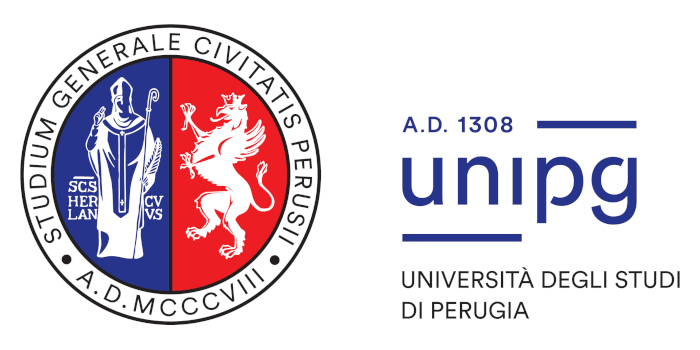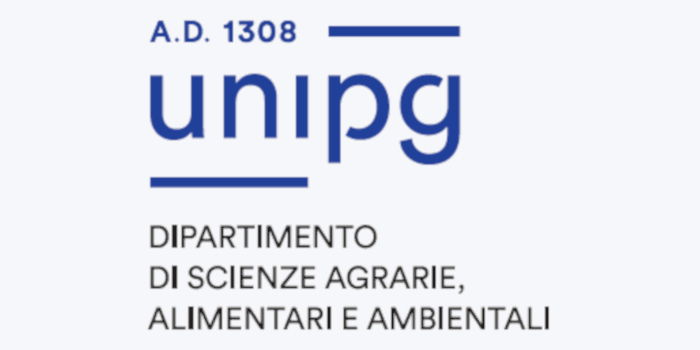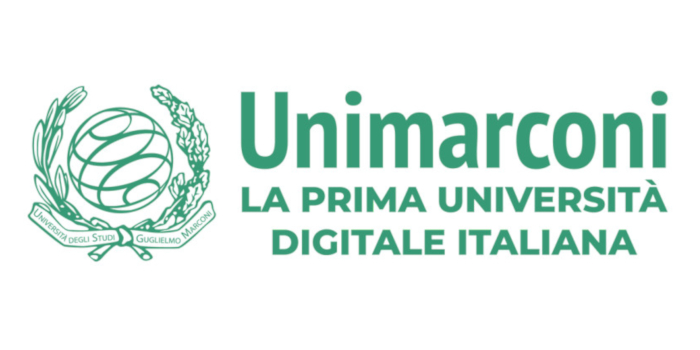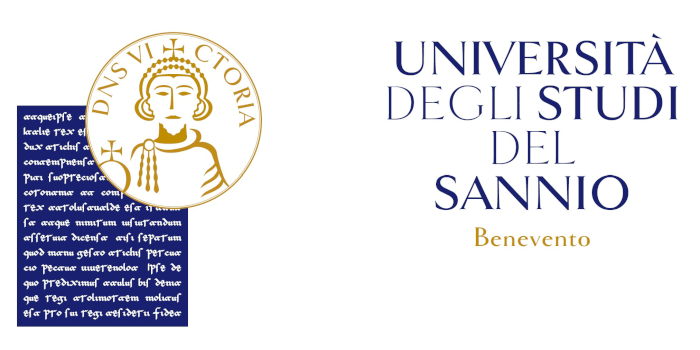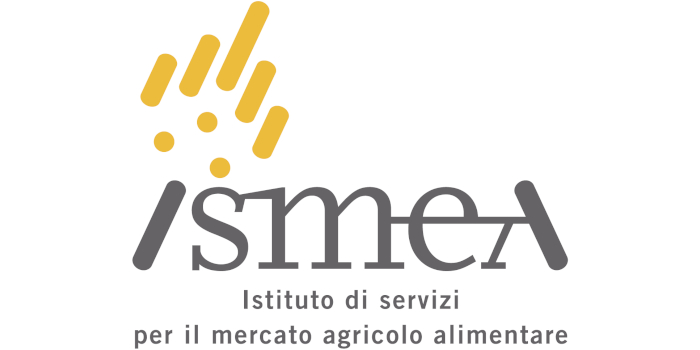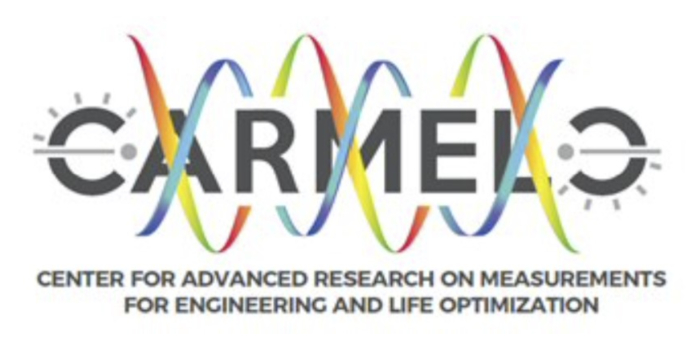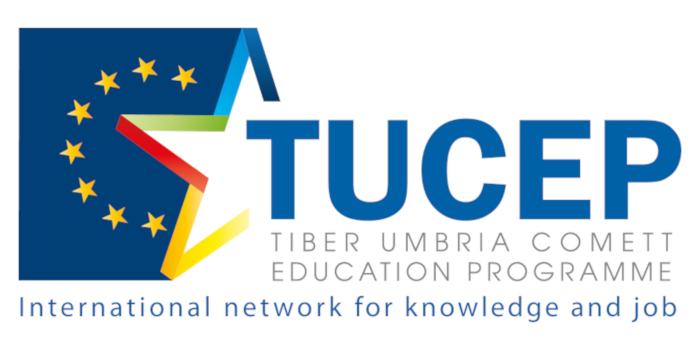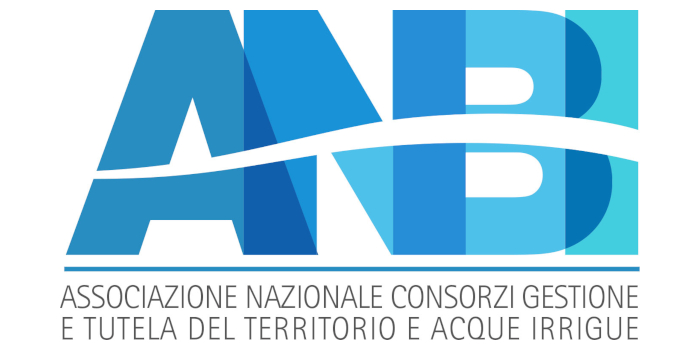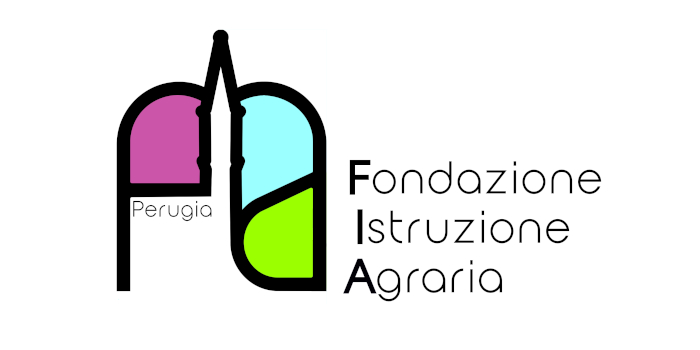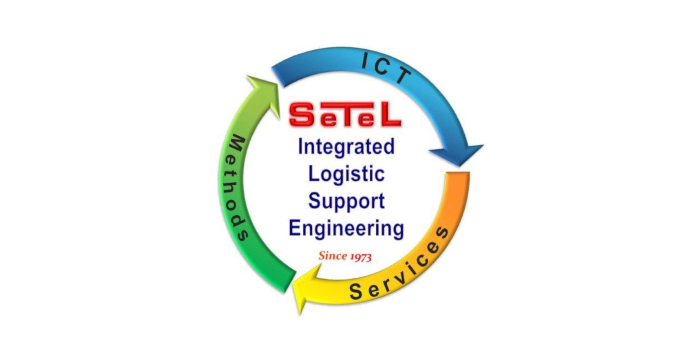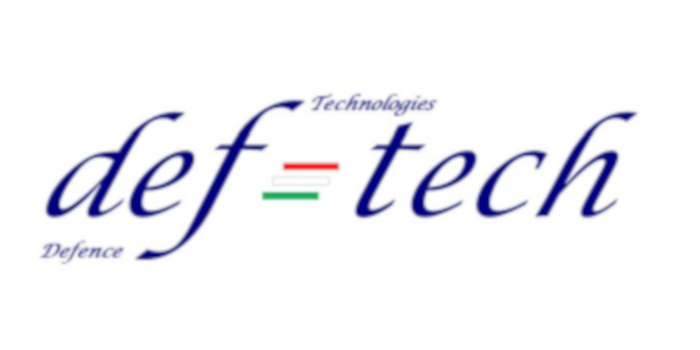SMART PLANT CULTIVATION FOR SPACE EXPLORATION: GOALS AND CHALLENGES
Stefania De Pascale
Department of Agricultural Sciences - University of Naples Federico II, Italy
ABSTRACT
Human exploration beyond Low Earth Orbit (LEO) will require technologies regenerating resources like air and water and producing fresh food while recycling consumables and waste. Bioregenerative Life Support Systems (BLSSs) are artificial ecosystems in which appropriately selected organisms, including bacteria, algae and plants, are assembled in consecutive steps of recycling, to reconvert the crew waste into oxygen, potable water and edible biomass. Bioregenerative life support systems have been discussed since the early 20th century. Central to the concept is the use of photosynthetic organisms to regenerate air and food. Plants are considered the most promising biological regenerators to accomplish these functions, thanks to their complementary relationship with humans. BLSSs implementation starts with small plant growth units (i.e. salad machines) to produce some fresh foods to supplement stowed food for astronauts onboard the International Space Station or during early lunar missions. The cultivation area will then be expanded for longer duration lunar missions, which will also provide an opportunity to test systems and procedures for Mars missions, where BLSSs would play a more crucial role. However, cultivation in Space requires the knowledge of plants responses to Space factors (e.g., altered gravity and ionizing radiation) and the optimization of the cultivation environment (e.g., light quantity and quality, CO 2 concentration, growing medium, water and nutrient delivery system). The presentation summarizes the research activity carried out at the Department of Agricultural Sciences of the University of Naples Federico II on plant based BLSSs thanks to projects funded by the Italian Space Agency (ASI) and by the European Space Agency (ESA) within the Micro-Ecological Life Support System Alternative (MELiSSA) program.
SPEAKER BIO
Stefania De Pascale is Professor of Horticulture at the Department of Agricultural Sciences in the University of Naples Federico II. She is also the vice-president and a member of the board of directors of the National Council for Agricultural Research and Economics (CREA). She teaches in courses on Vegetable crops production, Crop- physiology, Greenhouse horticulture and supervises BSc, MSc and PhD students. She taught in international intensive courses on greenhouse horticulture and crop physiology. Since Stefania joined the Department in 1993, she has performed numerous researches both in field and in greenhouse to determine the effects of environmental and cultural factors on plant growth and development and on produce quality of a wide range of vegetable and ornamental crops. Twenty years ago, she and her team started to study the use of plants for food and oxygen production, CO 2 regeneration and water purification and the effects of “Space environment” on plants. From 2019, Stefania is the responsible of the Research Laboratory on Plant for Space including the MELiSSA Plant Characterization Unit conceived as a crop research facility within the MELiSSA project, which is a joint long-term effort, led by the ESA, focused on the development of a regenerative life-support system for air, water and food production in the sight of future long-term manned missions to Moon and Mars. www.melissafoundation.org
